Blog
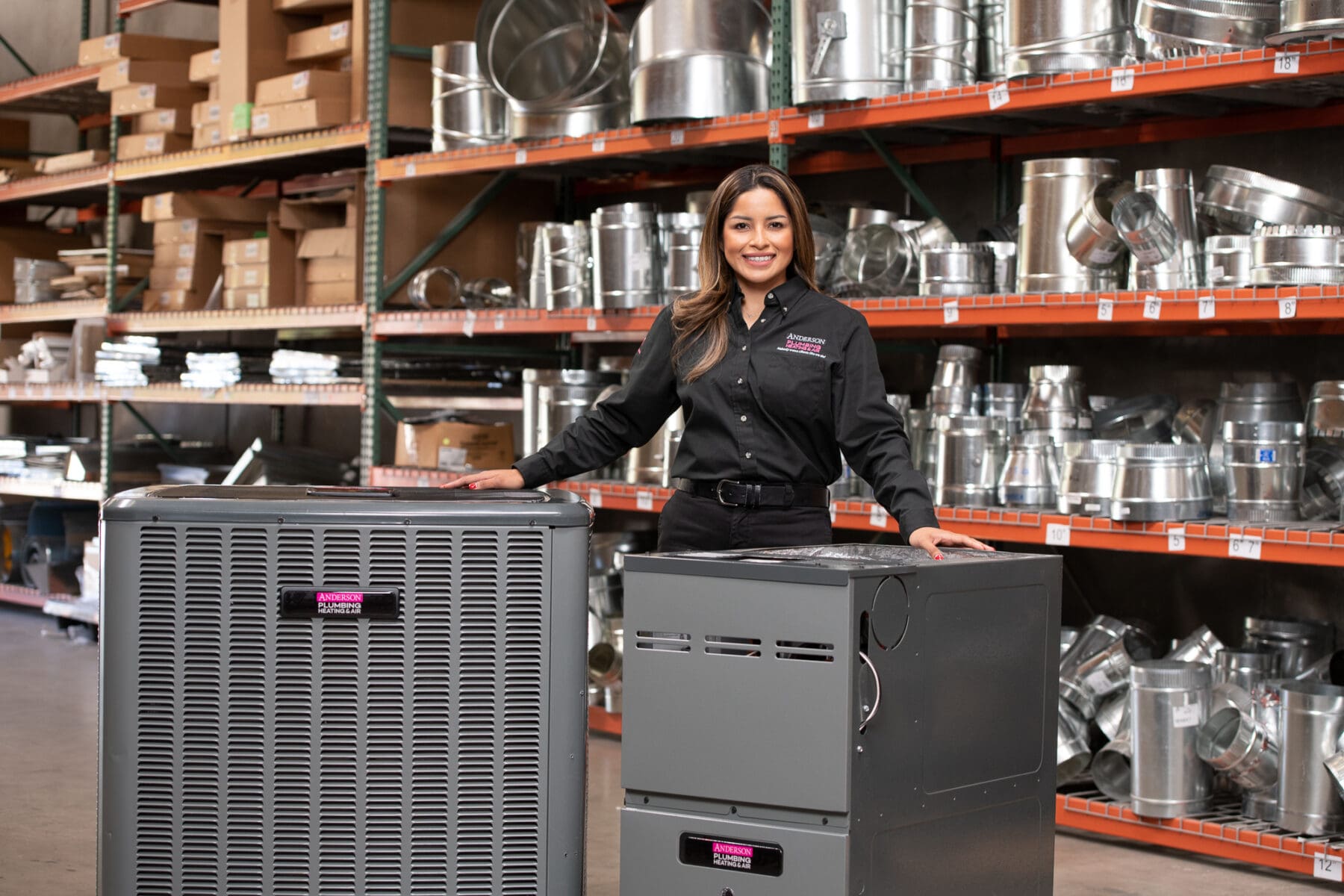 Jun 02, 2025
Should I Repair or Replace My Air Conditioner? A San Diego Homeowner’s Guide
When your AC stops keeping your home cool, it can quickly become more than an inconvenience, especially during San Diego’s...
Jun 02, 2025
Should I Repair or Replace My Air Conditioner? A San Diego Homeowner’s Guide
When your AC stops keeping your home cool, it can quickly become more than an inconvenience, especially during San Diego’s...
 Mar 31, 2025
5 Ways to Tell if You Have a Slab Leak
A hidden water leak beneath your home’s foundation can lead to severe structural damage, increased utility bills, and even health...
Mar 31, 2025
5 Ways to Tell if You Have a Slab Leak
A hidden water leak beneath your home’s foundation can lead to severe structural damage, increased utility bills, and even health...
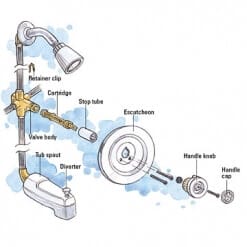 Mar 26, 2025
Shower Valve Repair and Replacement 101: Solutions and Expert Tips for Your San Diego Home
A properly functioning shower valve is essential for controlling water flow and temperature in your bathroom. When problems arise, such...
Mar 26, 2025
Shower Valve Repair and Replacement 101: Solutions and Expert Tips for Your San Diego Home
A properly functioning shower valve is essential for controlling water flow and temperature in your bathroom. When problems arise, such...
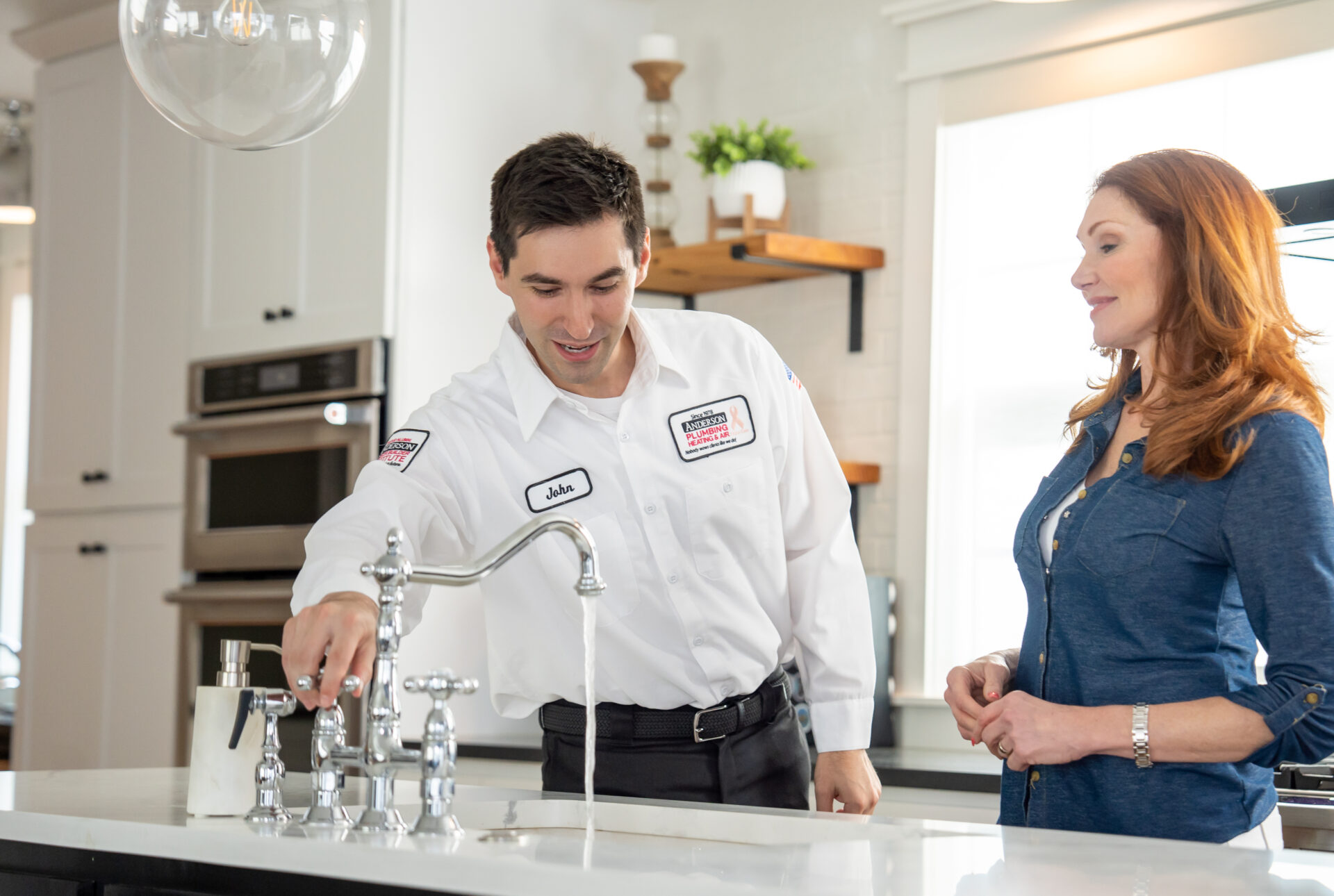 Feb 10, 2025
How to Get Rid of Drain Gnats
Drain gnats, also called drain flies or sink flies, are a common household nuisance in many homes across San Diego...
Feb 10, 2025
How to Get Rid of Drain Gnats
Drain gnats, also called drain flies or sink flies, are a common household nuisance in many homes across San Diego...
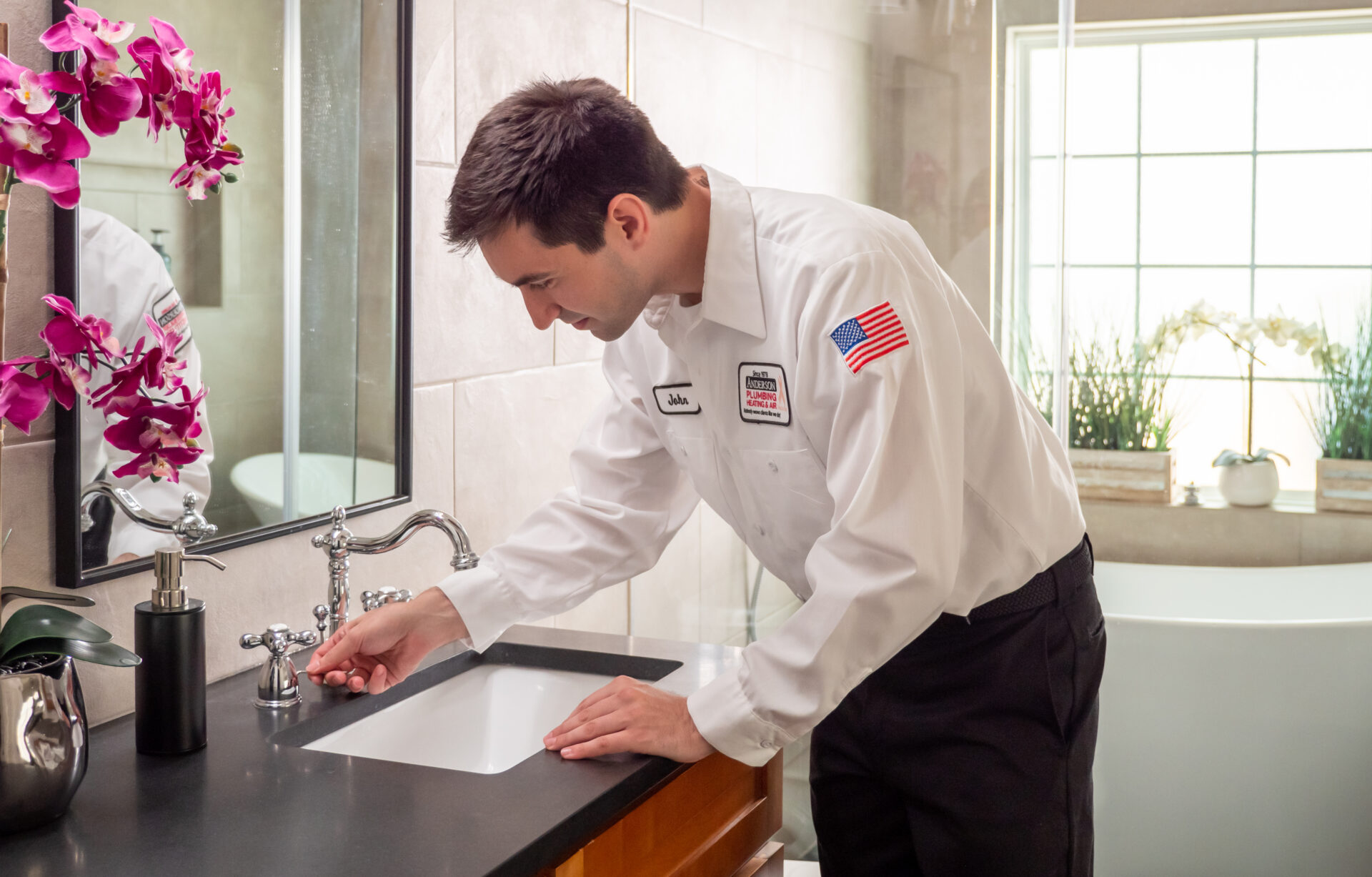 Jan 06, 2025
Low Hot Water Pressure? Causes & Fixes for San Diego Homes
Experiencing low hot water pressure in your home can disrupt daily life. A once-relaxing shower can feel like a trickle,...
Jan 06, 2025
Low Hot Water Pressure? Causes & Fixes for San Diego Homes
Experiencing low hot water pressure in your home can disrupt daily life. A once-relaxing shower can feel like a trickle,...
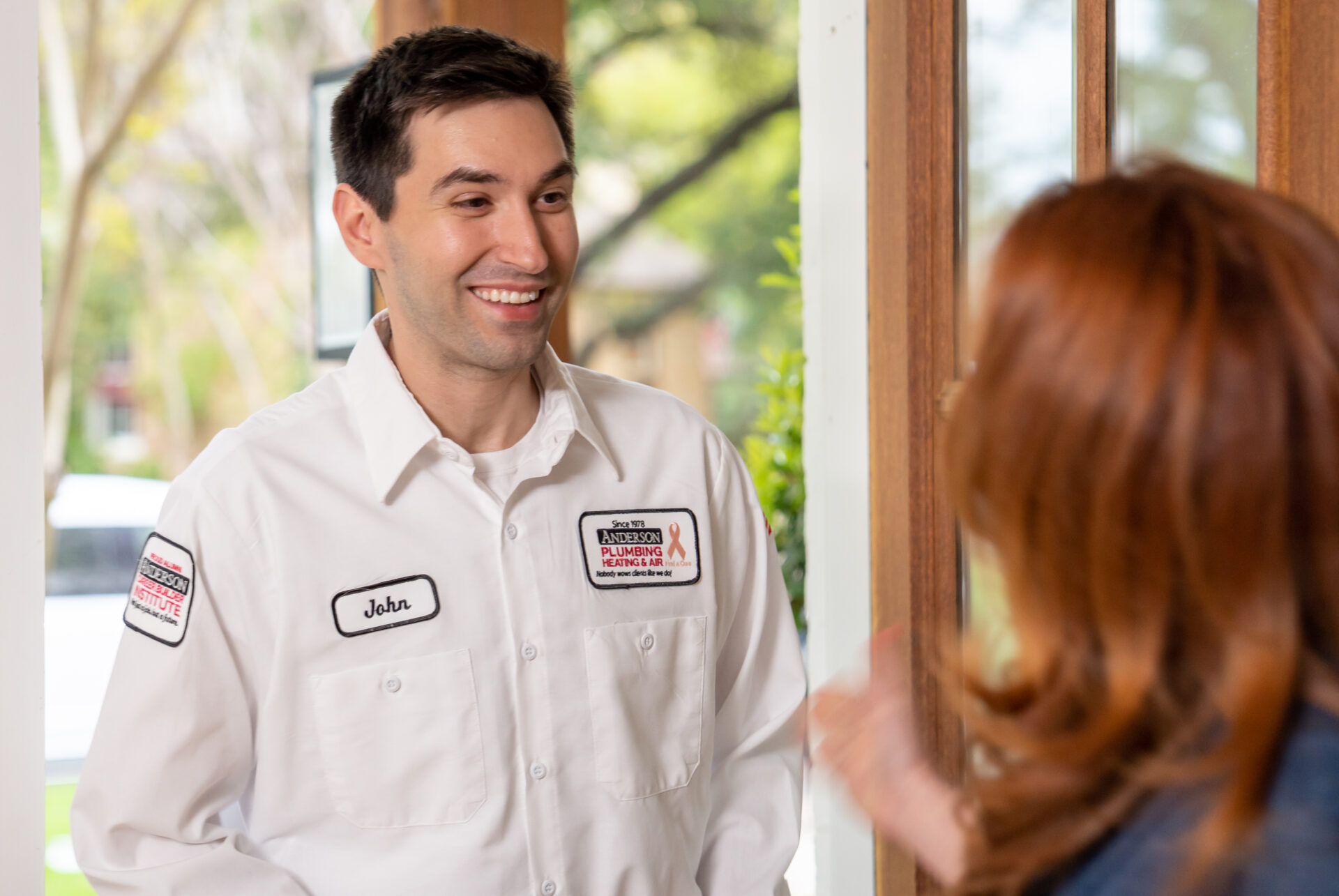 Jan 06, 2025
Do You Need a Plumber? 5 Clear Signs It’s Time to Call the Experts
When something goes wrong with your plumbing, it’s tempting to try fixing it yourself. However, not all issues can or...
Jan 06, 2025
Do You Need a Plumber? 5 Clear Signs It’s Time to Call the Experts
When something goes wrong with your plumbing, it’s tempting to try fixing it yourself. However, not all issues can or...
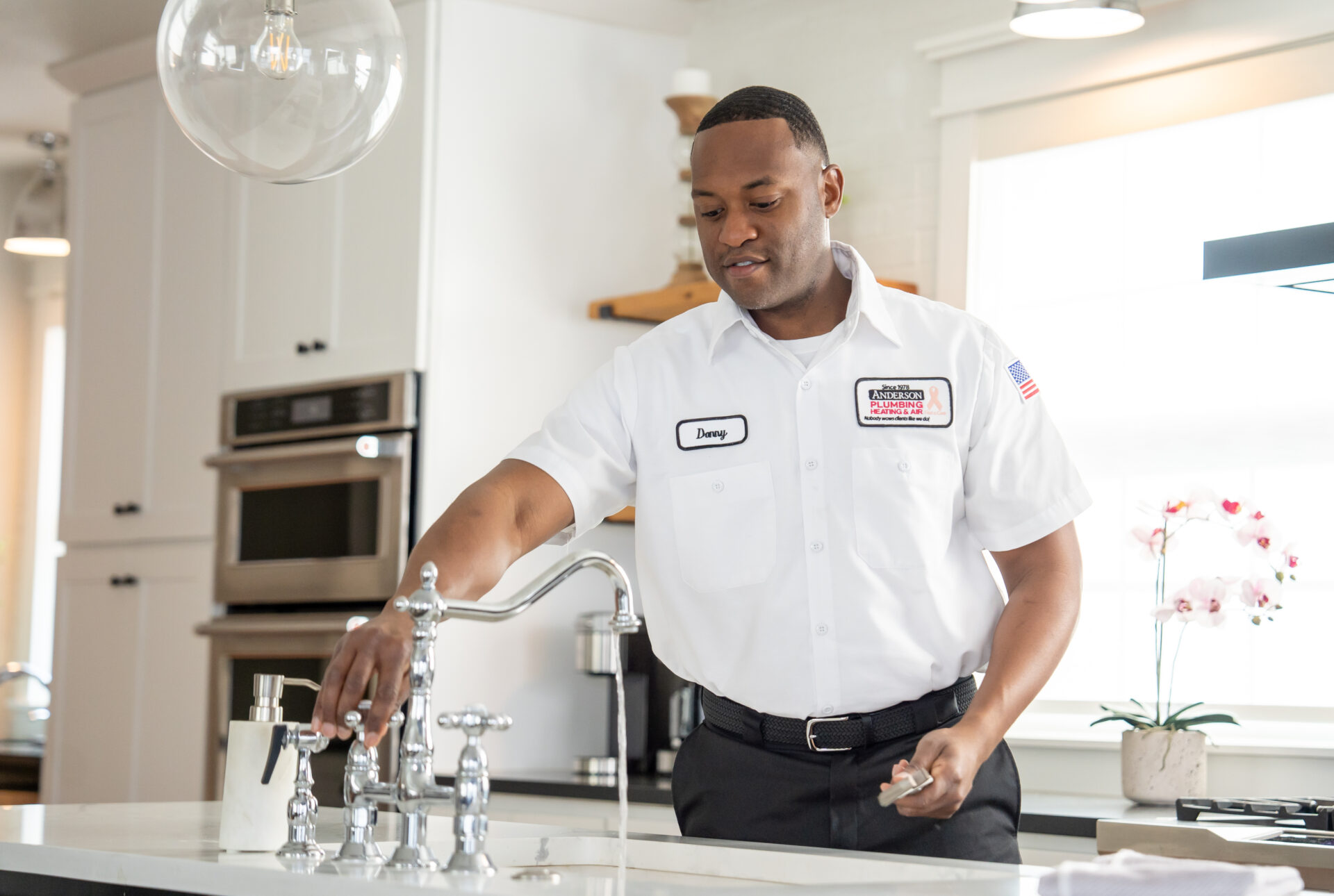 Jan 06, 2025
Why Does My Drain Smell? Causes and Solutions for Bad Drain Odors
If you've ever asked yourself, "Why does my bathroom sink smell like sewer?" or noticed that your shower drain smells...
Jan 06, 2025
Why Does My Drain Smell? Causes and Solutions for Bad Drain Odors
If you've ever asked yourself, "Why does my bathroom sink smell like sewer?" or noticed that your shower drain smells...
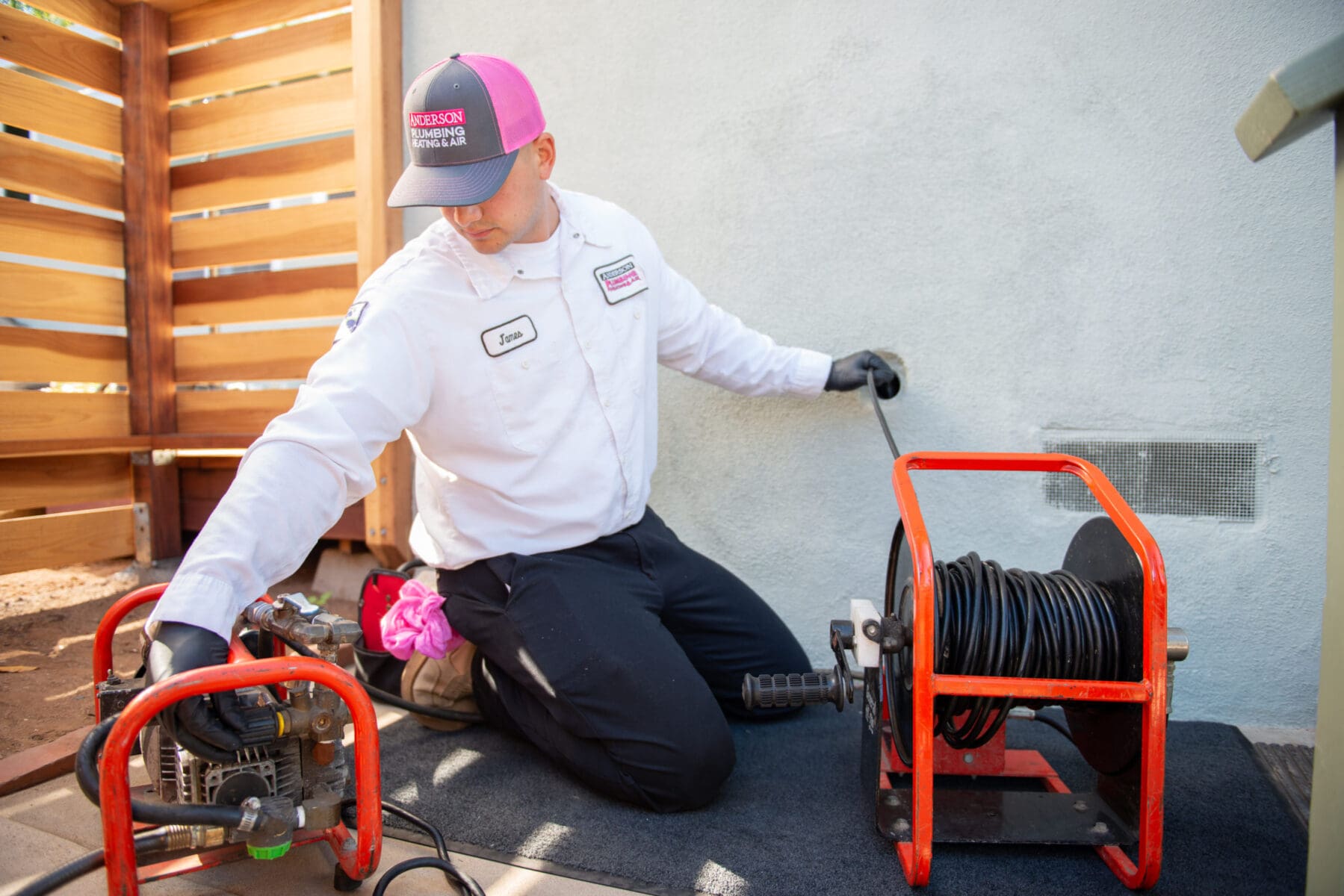 Jan 06, 2025
What Is Hydro Jetting and When Do You Need It?
Plumbing problems like clogged drains and sewer backups can be a nightmare for homeowners. Whether it’s a slow-draining sink or...
Jan 06, 2025
What Is Hydro Jetting and When Do You Need It?
Plumbing problems like clogged drains and sewer backups can be a nightmare for homeowners. Whether it’s a slow-draining sink or...
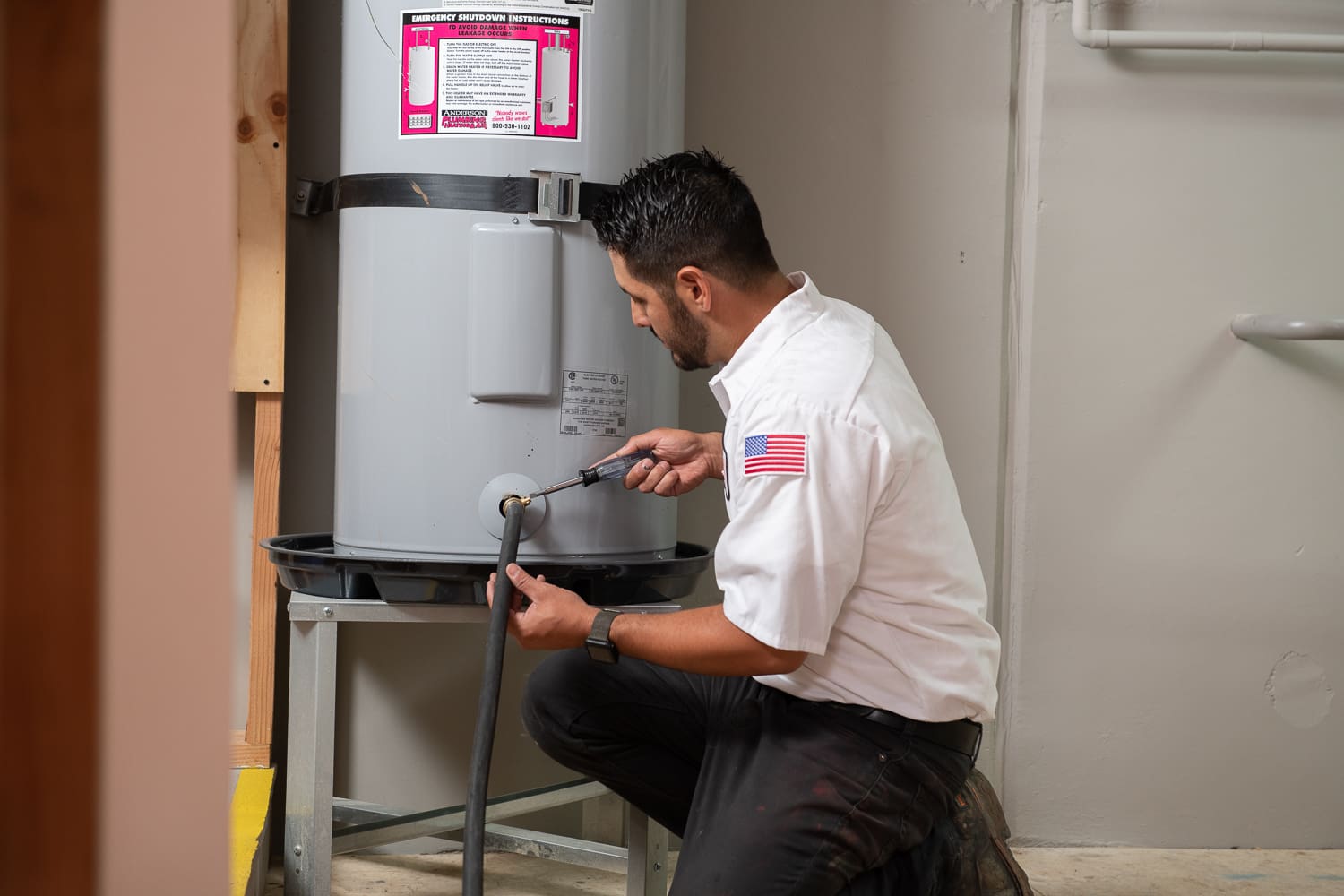 Dec 28, 2024
Water Heater Leaking from Drain Valve: What Should I Do?
A leaking water heater can quickly escalate into a frustrating issue, especially if it's coming from the drain valve. If...
Dec 28, 2024
Water Heater Leaking from Drain Valve: What Should I Do?
A leaking water heater can quickly escalate into a frustrating issue, especially if it's coming from the drain valve. If...